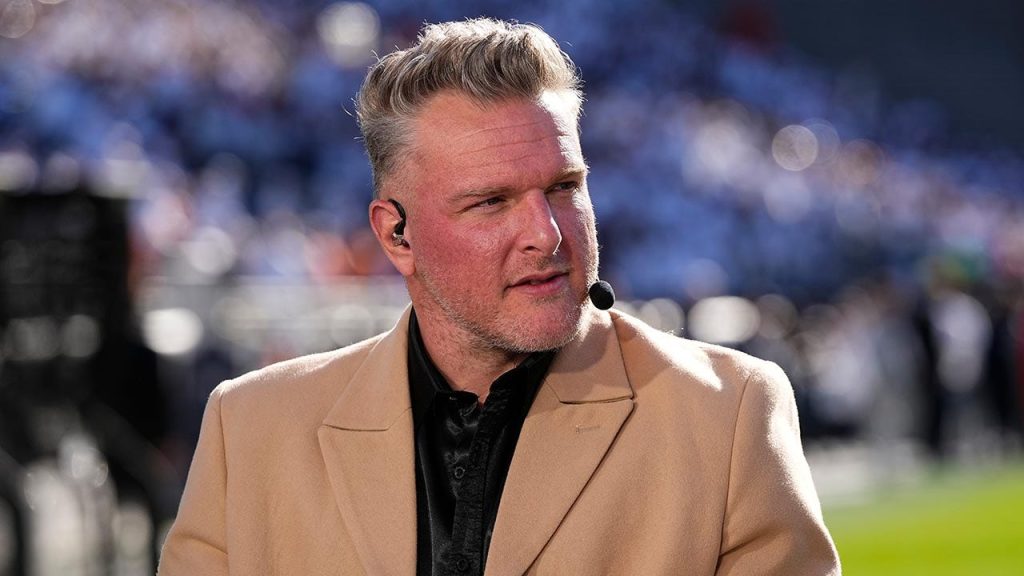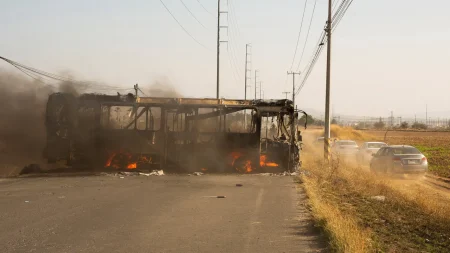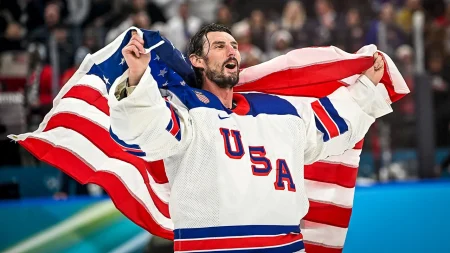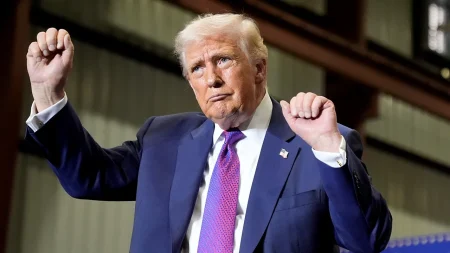Pat McAfee, the outspoken former punter for the Indianapolis Colts, unleashed a torrent of criticism against his former team following their humiliating loss to the New York Giants, a defeat that officially extinguished their playoff hopes. McAfee’s scathing commentary, delivered via a series of posts on X (formerly Twitter), transcended mere disappointment with the team’s performance and delved into what he perceived as a deep-seated cultural rot within the organization. He pointed to a litany of issues, ranging from questionable work ethic and lack of preparation to a disturbingly casual attitude towards team meetings and medical treatment. The centerpiece of his critique, however, revolved around rookie quarterback Anthony Richardson’s decision to leave the field during a crucial third-down play in the red zone, citing fatigue.
McAfee argued that Richardson’s action was not merely a physical limitation but a symbolic representation of a larger problem within the Colts’ locker room. He contended that a franchise quarterback, the supposed leader and face of the team, abandoning the field due to tiredness is an unprecedented and unacceptable act in the NFL. Such behavior, McAfee asserted, speaks volumes about the team’s culture, indicating a pervasive “loser attitude” that has infected the organization. This incident, in McAfee’s view, wasn’t an isolated occurrence but rather a symptom of a deeper malaise, a lack of professionalism and commitment that permeates the entire team. He emphasized that this type of behavior is not tolerated in successful teams and reflects poorly on the coaching staff’s ability to instill discipline and a winning mentality.
McAfee’s criticism extended beyond the players and directly challenged the Colts’ fanbase and online community. He recounted how his earlier predictions about the team’s struggles, particularly his assertion that veteran quarterback Joe Flacco gave the Colts a better chance to win than Richardson, were met with derision and personal attacks. He accused certain Colts blogs and fans of being overly defensive and unwilling to acknowledge the glaring issues within the team. These fans, he claimed, chose to attack him personally rather than engage in a constructive discussion about the team’s shortcomings. This, according to McAfee, highlighted a troubling tendency within the fanbase to prioritize blind loyalty over objective analysis.
Furthermore, McAfee’s frustration stemmed from what he perceived as the squandered potential of the team. He lamented the wasted opportunities, talent, and financial resources, arguing that the current Colts roster is among the most wasteful he has ever witnessed. This sentiment underscores his belief that the team’s failures are not solely due to a lack of talent but rather a systemic failure to cultivate a winning environment. He contrasted the current state of the franchise with the legacy of the Colts’ past greats, suggesting that the current team is failing to uphold the standards and traditions established by those who came before them. This, for McAfee, adds another layer of disappointment, as he believes the current team is disrespecting the rich history of the Colts organization.
The depth of McAfee’s disillusionment is evident in his decision to not renew his season tickets, a symbolic gesture that signifies his complete disengagement with the team. He framed this decision as a consequence of the team’s continued underperformance and the perceived arrogance and lack of professionalism displayed by players and coaches. While expressing his hope for the franchise’s eventual resurgence, emphasizing that the city of Indianapolis and the dedicated staff within the Colts organization deserve a winning team, he also delivered a parting shot at the players and coaches, wishing them “whatever happens to them” as a result of their perceived failures. This statement underscores his belief that they are ultimately responsible for the team’s current predicament.
In concluding his scathing critique, McAfee emphasized that his perspective comes from his own experiences and observations, acknowledging that he speaks only for himself and not for the entire city of Indianapolis or all former Colts players. However, he believes his background as a two-time Pro Bowl punter and three-time Hall of Fame nominee lends credence to his assessment. His final message was a stark reminder of the high expectations that come with being a professional athlete, and the consequences that follow when those expectations are not met. His public admonishment serves as a call for accountability and a plea for the Colts organization to rediscover the winning culture that once defined the franchise.













